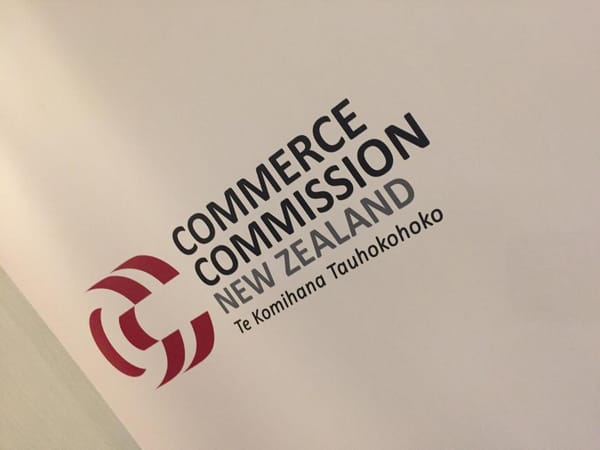How New Zealand's Amateur Football League Became a $212 Million Money Laundering Target
When vulnerability meets opportunity, even Sunday league football can become a gateway for international organised crime

When vulnerability meets opportunity, even Sunday league football can become a gateway for international organised crime
Over $212 million was wagered on New Zealand's amateur football league in 2024 through overseas betting platforms, with individual matches attracting up to $1.4 million in bets. Yet the players earn nothing. They work day jobs, train in the evenings, and play for the love of the game on suburban pitches watched by handfuls of supporters.
This contradiction — massive international betting volumes on unpaid amateur sport has created what integrity experts describe as a "perfect storm" for money laundering and match-fixing. Criminal organisations have identified New Zealand football as an ideal target: globally accessible through live streaming, operationally vulnerable through unpaid participants, and perfectly positioned to exploit Asian betting markets during crucial time windows.
For AML professionals, this case demonstrates how legitimate sporting passion can be weaponised by criminal networks, creating sophisticated money laundering infrastructure that operates through the emotional investment and financial desperation of amateur athletes.
The Economics of Vulnerability: When Love of the Game Meets Criminal Opportunity
The fundamental vulnerability begins with a simple economic reality: New Zealand's National League players are not paid. These are amateur athletes juggling day jobs with sporting ambitions, training after work and playing on weekends for club pride rather than financial reward.
Andrew Scott-Howman, general counsel for the New Zealand Professional Footballers Association (NZPFA), explains the psychological dynamic: "The amateur nature of our competition — our players and our match officials, our referees don't get paid for playing. Therefore, they can be much easier to bribe or convince to do the wrong thing."
This vulnerability isn't theoretical. Recent developments in Australia's A-League demonstrate how easily financial pressure can corrupt even professional players. Former All White Clayton Lewis was "targeted and exploited" by criminal organisers who understood his gambling addiction, accepting AUD10,000 to deliberately obtain a yellow card whilst playing for Macarthur FC.
The psychological manipulation was systematic. Lewis's defence team argued that his moral culpability was at the lower end because he was "targeted and exploited" as a known gambling addict, with a clear power imbalance between him and team captain Ulises Davila, who served as the "point man" for a South American crime syndicate.
The implications for New Zealand's unpaid players are profound. If professional athletes earning substantial salaries can be corrupted through personal vulnerabilities, amateur players facing genuine financial hardship become exponentially more susceptible to criminal recruitment.
The Time Zone Goldmine: When Geography Creates Criminal Infrastructure
New Zealand's unique geographic position has inadvertently created ideal conditions for criminal exploitation of betting markets. Scott-Howman identifies the critical factor: "For two hours every Saturday we are the only country in the world that provides live product to the Asian gambling market because football's not being played anywhere else because of the time."



